If The Cup Does Not Pass
- Myles Hester

- Nov 21, 2024
- 3 min read
Jesus is an example to believers in many ways: He lived a sinless life, was the epitome of a servant leader, and exemplified everything that He taught to others. One specific way in which He serves as an example that we may not often think of is in His prayer life. Not only does He often go off by Himself to pray to the Father, but He also prays with an appropriate balance of vulnerable intimacy and humble respect that can be hard for us to understand and maintain in our prayers. Consider His prayer in the garden of Gethsemane, the last night before His crucifixion:
“Abba, Father, all things are possible for you. Remove this cup from me. Yet not what I will, but what you will” (Mark 14:36). Shortly after this, we are told that “again He went away and prayed, saying the same words” (vs. 39). We can tell by the context of His intense emotional state and what we know happens the next day that Jesus is under immense pressure, needing to spend the night talking with His Father and pouring His heart out, even repeating the same words multiple times to drive home His anguish and the seriousness of His request. However, we can tell from the way He speaks to His Father that He is clearly being respectful and humbling Himself before the Father’s plan. He knows that there is no other way for humanity to be saved, and that He will go to the cross. However, as a human being who can feel pain, sorrow, and intense anguish, He is terrified of the cross. In His final hours, there is nothing else He can do but pray.
One of the most remarkable lessons about Jesus’ prayer in Gethsemane is that He fully acknowledges that His Father is capable of setting Him free. There was another very real way out of being crucified, but that clearly would not have been the will of the Father. We see a demonstration of this shortly after Matthew’s account of Jesus’ prayer in Gethsemane, where He reprimands Peter for drawing a weapon against the group that has come to arrest Him, saying, “Do you think that I cannot appeal to my Father, and he will at once send me more than twelve legions of angels” (Matthew 26:53)?
He knows what the plan is, and He wishes there was another way, but still, He prays, “not my will, but your will be done.” As a faithful Son, He submits Himself to the Father’s plan. This is just one aspect of the immense sacrifice Jesus made in going to the cross. Even though He wished for another way, He still allowed Himself to be killed for us.
By reading and meditating on Jesus’ prayer in Gethsemane, we learn something extremely important about our own prayers: sometimes, “the cup” will not pass. In Jesus’ case, the “cup” of His crucifixion was a source of immeasurable distress. He was alone, afraid, and knew that He would experience emotional, mental, and physical pain that is impossible for us to imagine. However, He knew that it was very possible that the Father would not in fact remove the cup. Think about this:
1. He did not lose faith in the Father’s power.
2. He did not lose faith in the Father’s plan.
3. He did not lose faith in the Father’s love.
Jesus knew that His Father was capable of removing the upcoming trial, but would not. He knew that the Father’s way was the best way, and He knew that the Father would not abandon Him. Jesus’ words in Gethsemane are an incredible encouragement for us when we find ourselves praying that a situation end, be avoided, or come out favorably. The reality of living in a broken, sin-filled world is that there often will be “cups” of suffering, sadness, and anxiety that will not be removed. When we find ourselves in these situations, we must ask ourselves, “what if the cup does not pass?” The answer?
Our Father is still able, our Father still has a plan, and our Father still loves us. He did not abandon His Son Jesus, and He will not abandon us. Praise God for listening to us, being with us, and providing us comfort an strength, even when the fearful cup remains.




Comments